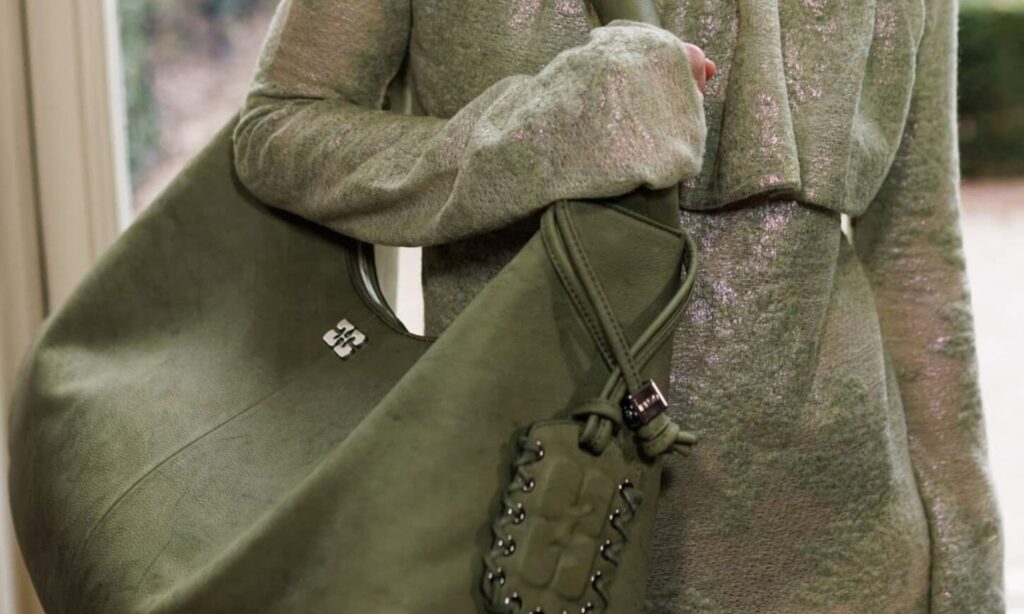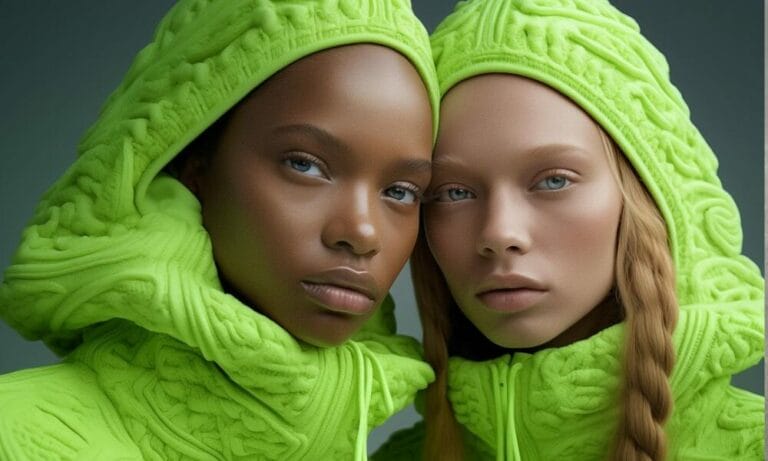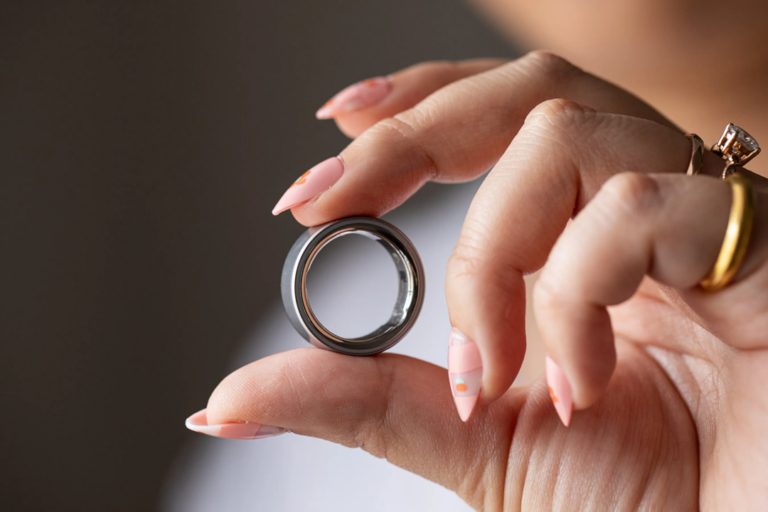For an industry built on beauty, fashion has long carried an uncomfortable truth: its environmental cost. Fashion’s obsession with reinvention has rarely extended to its materials. For decades, sustainability has been its most elusive accessory, often discussed but rarely achieved. From the pollution of synthetic fabrics to the environmental toll of leather production, the industry’s pursuit of beauty has left behind an undeniable footprint. Yet in the quiet corners of biotechnology, a new form of luxury is taking root. At its frontier stands Celium, a material cultivated by Mexican biotech company Polybion.
Founded by brothers Axel and Alexis Gómez Ortigoza along with scientist Bárbara González Rolón, Polybion’s philosophy rests on the fact that nature already knows how to renew itself, and we should learn from it. The company grows high-performance biomaterials from agro-industrial fruit waste, turning what would once have been discarded into something precious.
Cellium is made by feeding bacteria with fruit residues in a carefully controlled environment. As the microorganisms grow, they form a cellulose structure that is harvested and refined into a supple, durable material that mirrors the properties of leather. Each piece is biologically unique, with subtle variations in texture and color that make it feel personal rather than manufactured.
Unlike many lab-grown materials that struggle to scale, Polybion’s system is both efficient and accessible. Its 14,000-square-foot production facility can generate more than a million square feet of Cellium every year. The process requires minimal infrastructure, no hazardous chemicals, and operates within a small geographic radius to reduce its carbon impact. By using fruit waste as raw material, Polybion addresses three major global concerns at once: livestock emissions, food waste, and plastic pollution.
The company’s vision has already found resonance with fashion innovators. At Copenhagen Fashion Week, Polybion collaborated with Ganni to present a series of garments and accessories crafted from Cellium, including pastel-hued blazers, skirts, and handbags. Each design reflected a balance between technological precision and the brand’s playful aesthetic. Another collaboration with the Mexican social enterprise Someone Somewhere introduced a bag that merged biotechnology with craft. Made with Cellium on the upper half and recycled CircuLoom fabric below, its hand-knotted strap and artisan-signed label connected modern science with traditional skill.
Beyond its scientific achievement, Cellium represents a cultural shift in how we define luxury. Where past generations prized rarity and excess, the new measure of sophistication is responsibility. Materials like Cellium invite the industry to think in cycles rather than lines, to view waste as potential rather than problem.
Polybion’s approach signals a turning point for fashion’s material future. Instead of imitating nature, it works with it. Instead of extracting value, it cultivates it.
ALSO READ: A FLOATING MUSEUM OF ART IS SET TO LAND ON DUBAI’S SHORES.




